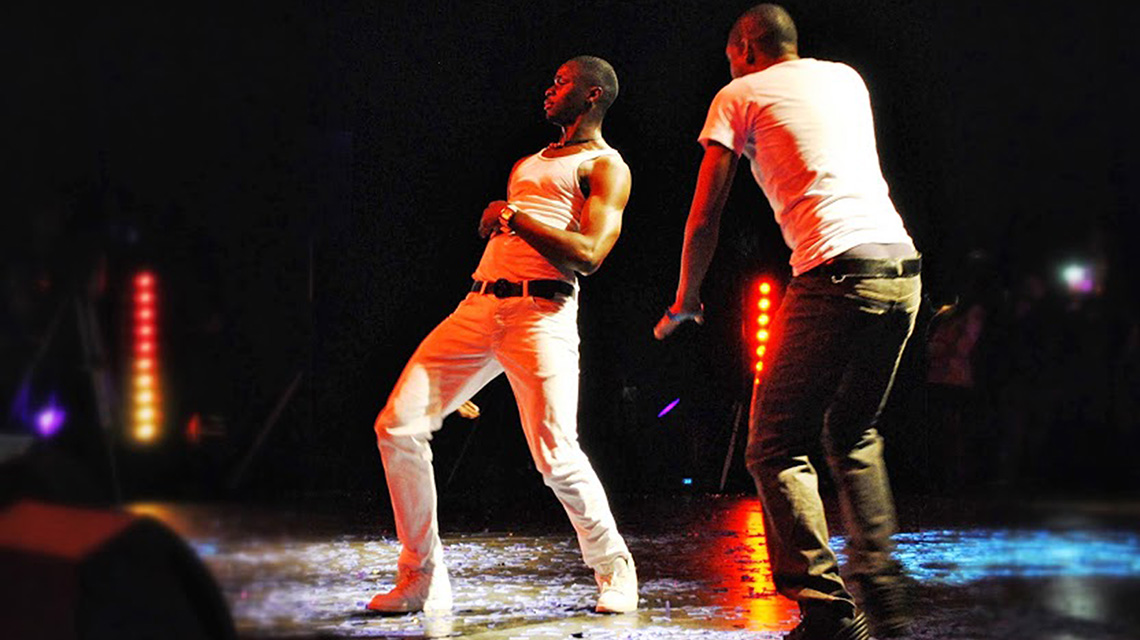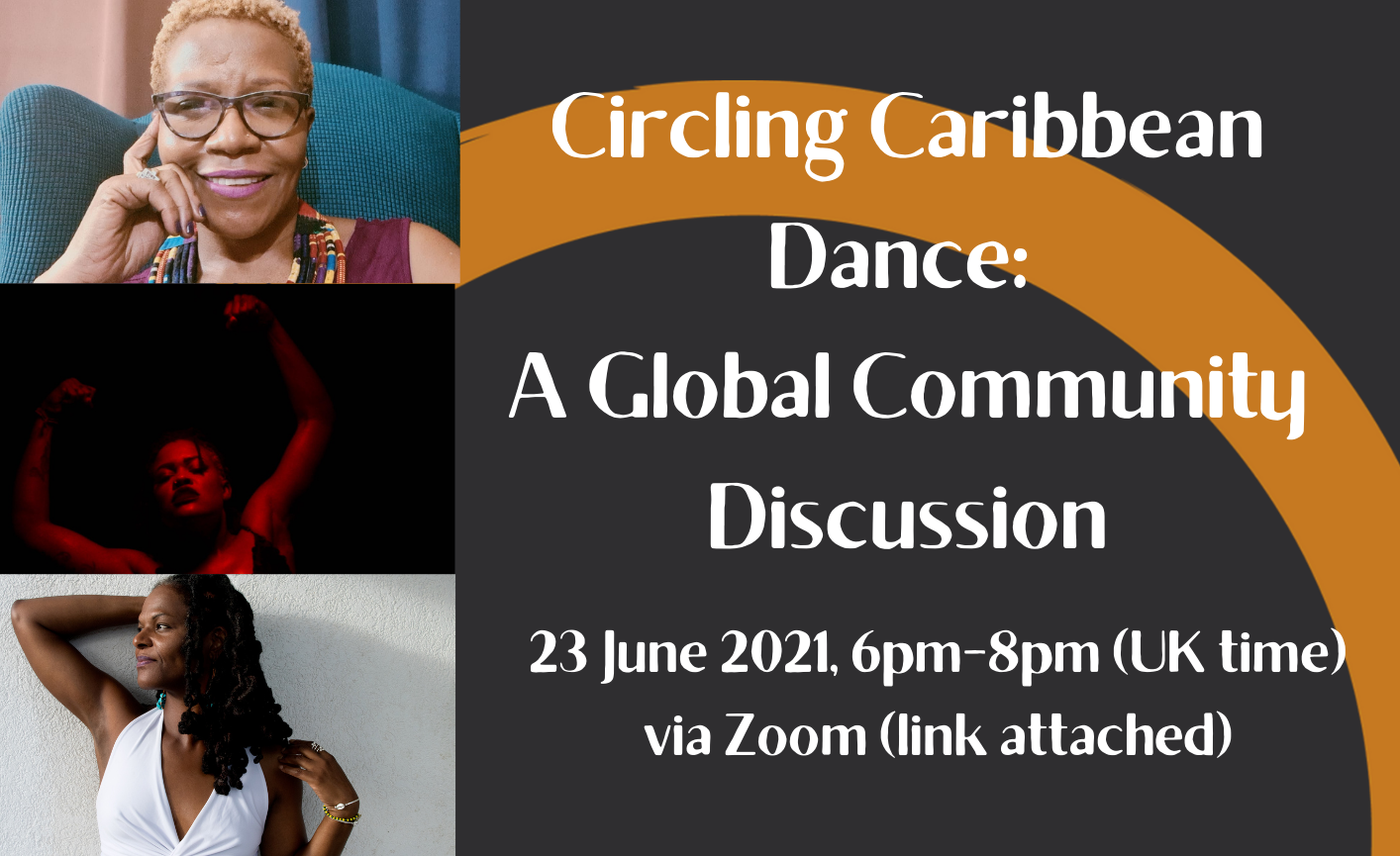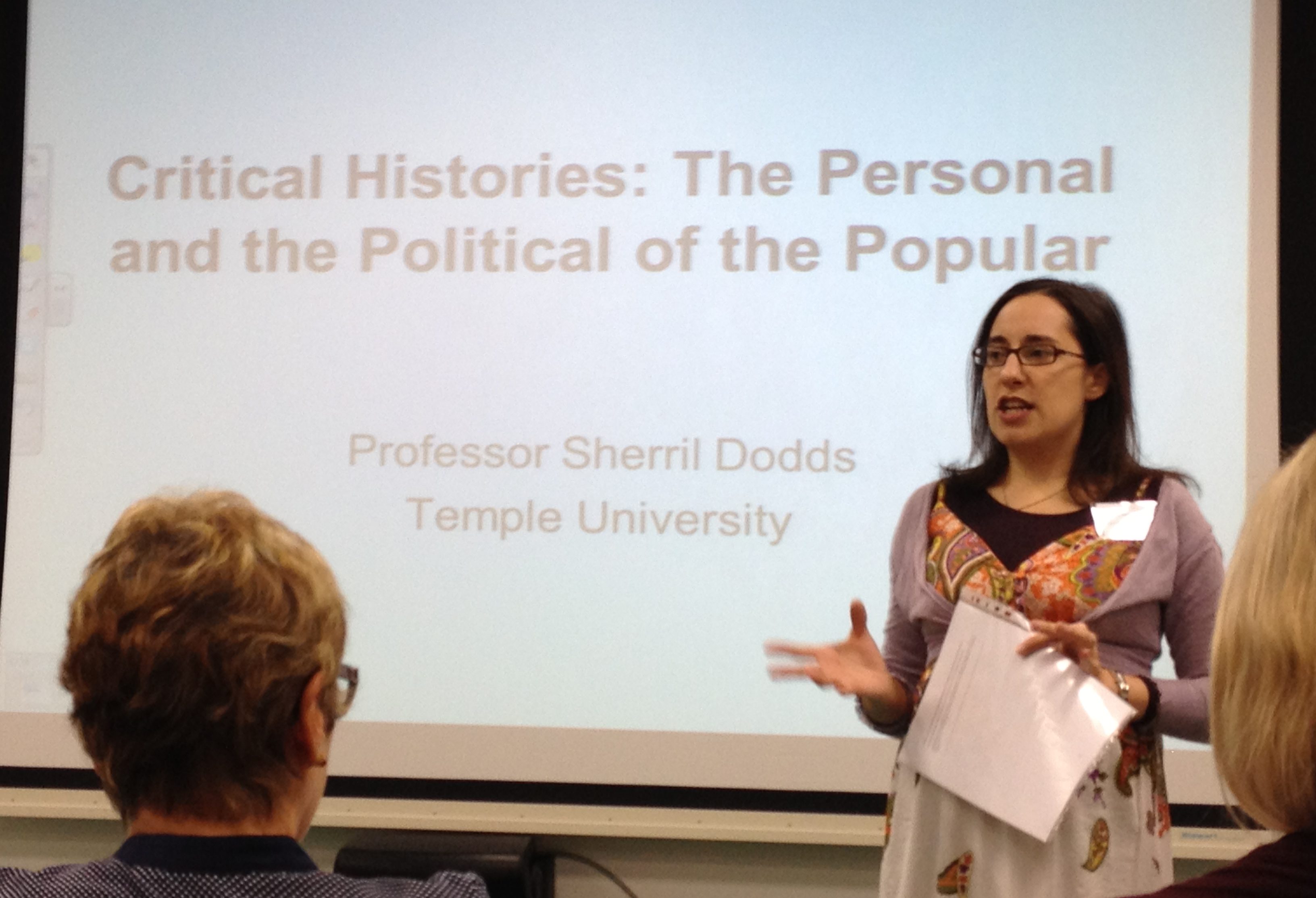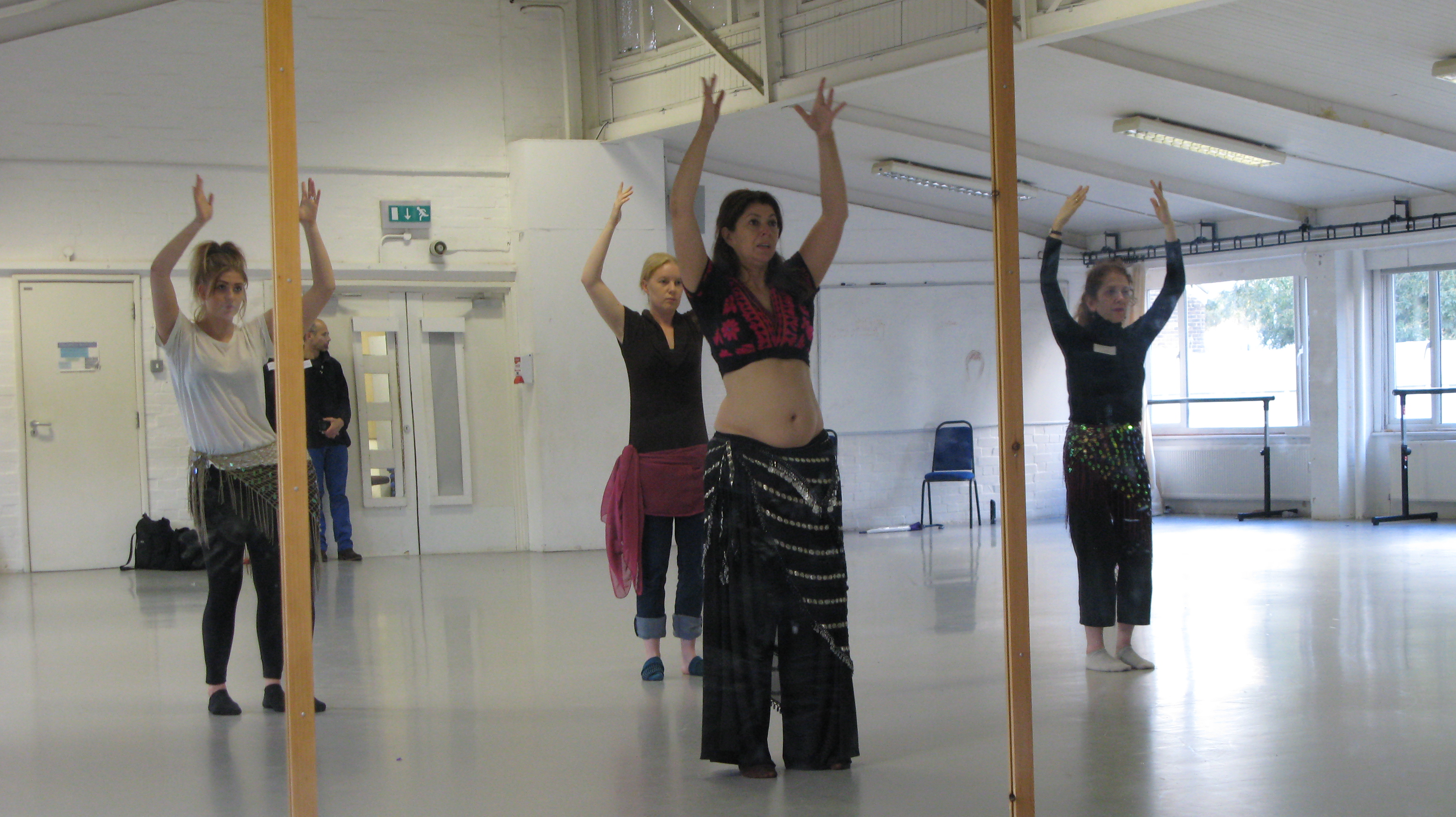“A Place in This World”: Music and Belonging / Canada 150
IASPM-Canada Annual Conference
University of Toronto, Toronto, Canada
May 25-27, 2017
Provisional Conference Schedule
The Call for Papers has now closed.
In a queer dance club, a Black Lives Matter or Idle No More protest, at the Tragically Hip’s “farewell” concert this past August, in the context of Canadian confederation or elsewhere, music is a powerful means through which participants can enact a sense of belonging. Of course, as demonstrated by Brexit, the Syrian refugee crisis, celebrations of Canada’s 150th birthday (branded as “Canada 150”), and activism on behalf of murdered and missing indigenous women, any enactment of belonging also carries with it a series of struggles over who is included and excluded, over whose voice and experiences matter. Music is integral to these processes of inclusion and exclusion.
2017 marks the 150th year of confederation in Canada and thus the theme “Music and Belonging” is particularly resonant. While we do not wish to limit the scope of
the conference to issues related to this anniversary, it does seem timely to trouble and interrogate themes of national identity and belonging. The very constitution of Canada is predicated on important debates of belonging where music was often the central aesthetic form (for example Jean-Baptiste Labelle’s 1868 Cantate: La Confédération celebrated the union, while folksongs like “The Anti-Confederation Song,” from 1869, articulated some of the anxieties around forming a nation). More recently, music in Canada has provided a powerful means through which participants can enact a sense of belonging, whether to an affinity group, a political movement, or a nation.
Our theme encourages participants to explore questions of musical belonging in a wide range of contexts. How does music shape national belonging, particularly in Canada, a settler colonial nation with complex racial and language politics, as well as a music industry shaped by multinational forces? How does music shape communities and counterpublics on dance floors, concert venues, and parade routes? How do archives and methods shape our sense of what music matters? How does musical performance and policy draw boundaries around the human and between people?
Our questioning of music and belonging resonates with what it means to carry out music scholarship in Canada in the context of a joint meeting between the International Association for the Study of Popular Music – Canada Chapter (IASPM), the Canadian Society for Traditional Music (CSTM), the Canadian University Music Society (MusCan) and the Canadian Association of Music Librarians, Archives and Documentation Centers (CAML), May 25-27 at the University of Toronto. Each organization will develop its own program, but we will come together for some panels and plenaries to ask questions around the central theme of belonging. We are also collaborating with the North American chapter of PoP Moves (“Performances of the Popular”), an international research group that focuses on popular dance, and so we encourage papers exploring the relationship between music, dance and belonging in popular culture.
We encourage questions of musical methods and methodologies as they relate to the themes of belonging, and research approaches working across diverse practices of ethnography, archival studies, textual analysis, and other types of analysis and critical investigation. Also, with Black Lives Matter Toronto and Toronto Pride as recent events encouraging debates over belonging and activism, we encourage papers that relate academic work to public spaces and engagement with diverse communities.
As this is our annual conference for IASPM-Canada, we also encourage proposals of any popular music topic, and we hope to include the widest array of scholarship in the field as possible.
Possible paper and panel topics might include:
- Sounds of belonging
- Legal contexts: copyright, CanCon, communal ownership, and the courts
- Music recording, production and cultural history
- Popular music and dance: bodies on the dance floor
- Fandom and musical communities
- Politics of gender, ethnicity, and nationality (including “The Great White North”)
- Live music! Dance and music in venues, festivals, local and transnational scenes
- Music and ‘silence’: the absence of music or types of music, or various exclusions of marginalized voices
- Materiality, value and belonging: museums, archives, collections
Abstracts of individual papers, workshops, performances and other presentations should be no longer than 300 words. Panel submissions should include a title and abstract for the panel (300 word max.) as well as titles and abstracts for the individual papers on the panel. All abstracts for a panel should be submitted together. Abstracts will be adjudicated individually so it is possible for a panel to be accepted but not an individual paper.
Each abstract should also include a short biography of the author (100 words max.) including the institutional affiliation and email address of each author. Each abstract should also include five keywords.
Submissions in French and English are acceptable. All submissions must be submitted as a single Word document with the author’s last name as the document file name. Do not submit your proposal as a PDF File.
Proposals will be blind reviewed. The program committee consists of:
Mary Fogarty (Chair)
Christina Baade
Kate Galloway
Eric Hung
Maria Murphy
Mei-Ra St-Laurent
Papers will be limited to 20 minutes followed by 10 minutes of questions. Other presentations will be limited to 60 minutes. All participants must be members of IASPM-Canada. Membership information is available on the following website: http://iaspm-ca/membership.
For questions about the conference, contact program chair, Mary Fogarty (maryf (at) yorku.ca), or local organizing chair, Robin Elliott (robin (dot) elliott (at) utoronto.ca).
Submission deadline: November 30th 2016
Send submissions to: iaspmcanada2017 (at) gmail.com



